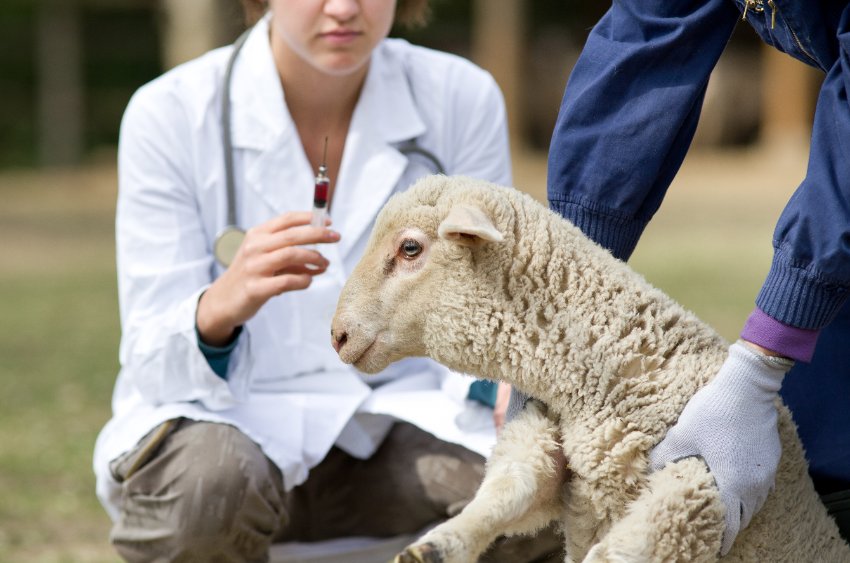
Vets have welcomed a new government commitment to finding a permanent solution to the impending threat to Northern Ireland’s access to veterinary medicines following Brexit.
The government has today (1 February) established the new Veterinary Medicines Working Group, which will explore options to safeguard supply.
The group will be appointed rapidly and will report its findings urgently in a bid to resolve the issue before the existing regulations end in December 2024.
If an agreement is not found, the veterinary profession fears that Northern Ireland could lose access to an estimated 51% of animal and livestock medicines.
This includes vaccines for zoonotic diseases such as salmonella and leptospirosis, as well as insulin for dogs and cats and flu and tetanus vaccines for horses.
The British Veterinary Association (BVA) has been highlighting the serious threat to Northern Ireland’s access to veterinary medicines for some time.
Responding to today's news, BVA NI president Esther Skelly-Smith said it was good to see the government commit to finding practical, long-term solutions.
"We have also continued to call for more dialogue between the UK government and EU Commission on this issue," she added.
"The new group is an important step towards safeguarding supply, which if left unaddressed will have serious and far-reaching consequences."
Under the terms of the Northern Ireland Protocol, the province continues to be bound by EU rules on veterinary medicines, but not the rest of the UK.
The issue centres on the requirement of medicine manufacturers to get their products batch-tested in the EU before they can be put on sale in NI.
If no solution is in place after that date, farmers there could lose access to an estimated 51% of veterinary medicines, BVA NI recently warned parliament.
Veterinary professionals said this would lead to dire consequences for consumers, farmers and their livestock but also for pets such as cats, dogs and horses.
Ms Skelly-Smith added: "It is only by a willingness to look carefully and creatively for possible solutions that the ongoing protection of NI’s animal and public health and vital agricultural industry will be ensured.”
